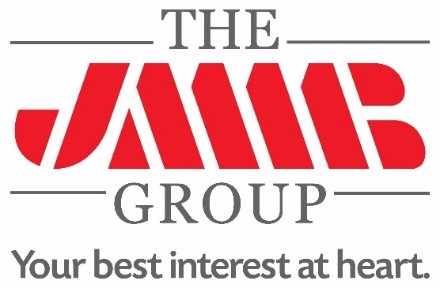Archive
How to Fight a Price War
Most managers will be involved in a price war at some point in their careers. Every price cut is potentially the first salvo, and some discounts routinely lead to retaliatory price cuts that then escalate into a full-blown price war. That’s why it’s a good idea to consider other options before starting a price war or responding to an aggressive price move with a retaliatory one. Often, companies can avoid a debilitating price war altogether by using a set of alternative tactics
-

 Businessuite News24 International2 years ago
Businessuite News24 International2 years agoTELSTRA Officially Acquires DIGICEL PACIFIC
-

 Feedback & What You Think2 years ago
Feedback & What You Think2 years agoWhich Company Has The More Sustainable Business Model….Edufocal or ICREATE and Why?
-

 Marketing & Advertising2 years ago
Marketing & Advertising2 years agoWill Oliver Mcintosh’s Verticast Media Group Acquire CVM TV From Michael Lee Chin? Part 1
-

 Businessuite Women1 year ago
Businessuite Women1 year agoJoanna A. Banks Was Set To Become The Youngest And Most Powerful Woman In Corporate Jamaica And The Caribbean
-

 Businessuite 50 Power and Influence1 year ago
Businessuite 50 Power and Influence1 year agoBusinessuite Women- Power and Influence 50 For 2023
-

 Leadership Conversations1 year ago
Leadership Conversations1 year agoJeffrey Hall Is Set To Be One Of The Most Powerful Men In Corporate Jamaica And The Caribbean. So, Who Is He?
-

 Businessuite Markets2 years ago
Businessuite Markets2 years agoWhat Does Seprod’s Acquisition of Trinidad Based A.S. Bryden Have to Do with CEO Richard Pandohie’s Single Domestic Market Strategy?….Part 1
-

 RANKING2 years ago
RANKING2 years agoThe Businessuite Skin Index – Explained









